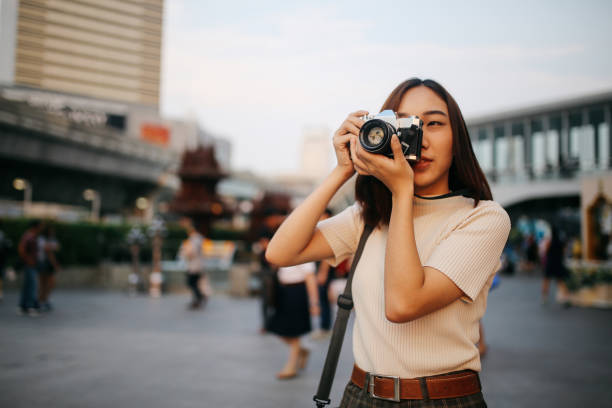Starting photography can be an exciting journey, whether you’re interested in capturing moments with a smartphone or diving into the world of DSLR cameras. Here are five steps to help you embark on your photography adventure:
- Choose Your Gear: Decide on the equipment that suits your interests and budget. For beginners, a smartphone with a good camera is an excellent starting point. If you’re ready to invest in a dedicated camera, entry-level DSLRs or mirrorless cameras offer versatility and room for growth. Consider factors like portability, ease of use, and the type of photography you want to pursue.
- Learn the Basics: Familiarize yourself with the basics of photography, including fundamental concepts like aperture, shutter speed, and ISO. These three elements form the exposure triangle and play a crucial role in determining how your photos turn out. Online resources, tutorials, and beginner-friendly courses can help you grasp these concepts and start applying them to your photography.
- Practice Regularly: Practice is key to improving your photography skills. Take your camera or smartphone with you wherever you go, and make a habit of capturing images regularly. Experiment with different settings, compositions, and lighting conditions. The more you practice, the more comfortable you’ll become with your equipment and the art of photography.
- Study Composition Techniques: Understanding composition is essential for creating visually appealing images. Learn about composition techniques such as the rule of thirds, leading lines, framing, and symmetry. These principles guide the viewer’s eye and contribute to well-balanced and engaging photographs. Take time to analyze photos you admire and try to apply similar techniques in your own work.
- Explore Different Genres: Photography encompasses a wide range of genres, from portrait and landscape to macro and street photography. Explore different genres to discover what resonates with you the most. Experimenting with various styles allows you to find your niche and develop a unique perspective. Don’t be afraid to step out of your comfort zone and try new things.
- Edit and Refine: Post-processing is a valuable skill that can enhance your photographs. Learn the basics of photo editing using software like Adobe Lightroom or mobile apps. Editing allows you to fine-tune exposure, color balance, and composition. Start with subtle adjustments and gradually build your editing skills to bring out the best in your images.
Remember that photography is a journey of continuous learning and growth. Be patient with yourself, seek inspiration from other photographers, and enjoy the creative process. As you gain experience, you’ll develop your own style and approach to photography.
